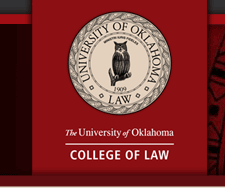Abstract
The Supreme Court has failed to define the concept of “reasonable doubt” with any precision. The Court tolerates conflicting definitions of “reasonable doubt.” It permits some jurisdictions to forbid any definition of “reasonable doubt,” while giving others wide latitude to define the concept in ways that are contradictory. If the Court truly regards the “proof beyond a reasonable doubt” standard to be an “ancient and honored aspect of our criminal justice system,”1 a “bedrock ‘axiomatic and elementary’ principle whose ‘enforcement lies at the foundation of the administration of our criminal law,’”2 then the Court cannot continue to tolerate the current state of the law. This article will explore how this came about and propose a new way forward. In short, modern courts have lost sight of the origins of “reasonable doubt.” “Reasonable doubt” has roots that stretch back to antiquity. However, we have lost the sense of “reasonable doubt” which emphasized the fearsome and awesome moral responsibility of judging a fellow human being. This sense of “reasonable doubt” has deep Judeo-Christian roots, though it is not limited to this perspective. It is simply a reminder that in judging our fellow human beings we are dealing with something unique: a being with dignity and extraordinary worth, a person that is imago dei. It is this sense of “reasonable doubt” which we must recapture.
Recommended Citation
Miller W. Shealy Jr.,
A Reasonable Doubt About "Reasonable Doubt",
65
Okla. L. Rev.
225
(2013),
https://digitalcommons.law.ou.edu/olr/vol65/iss2/2
